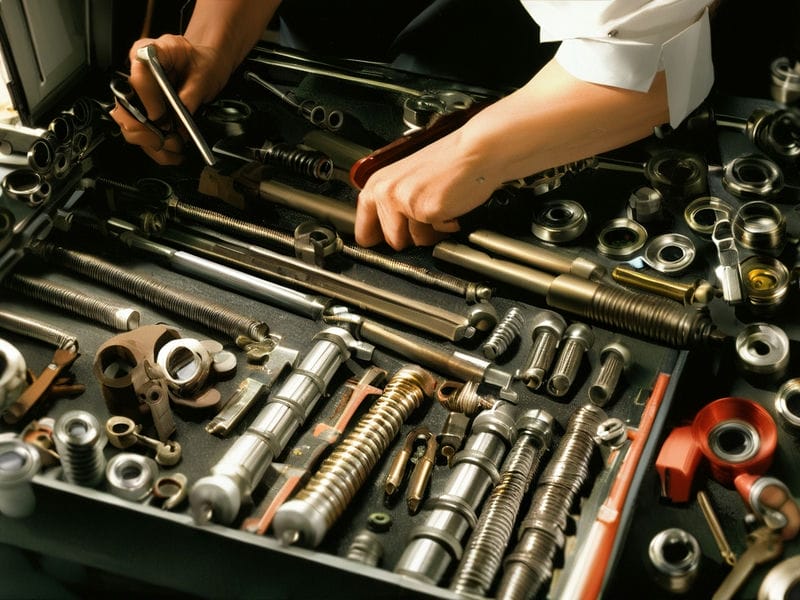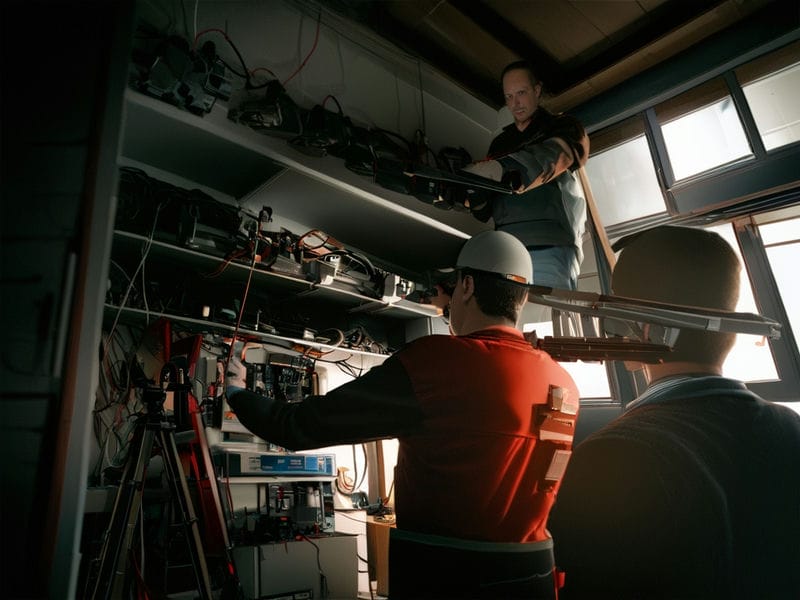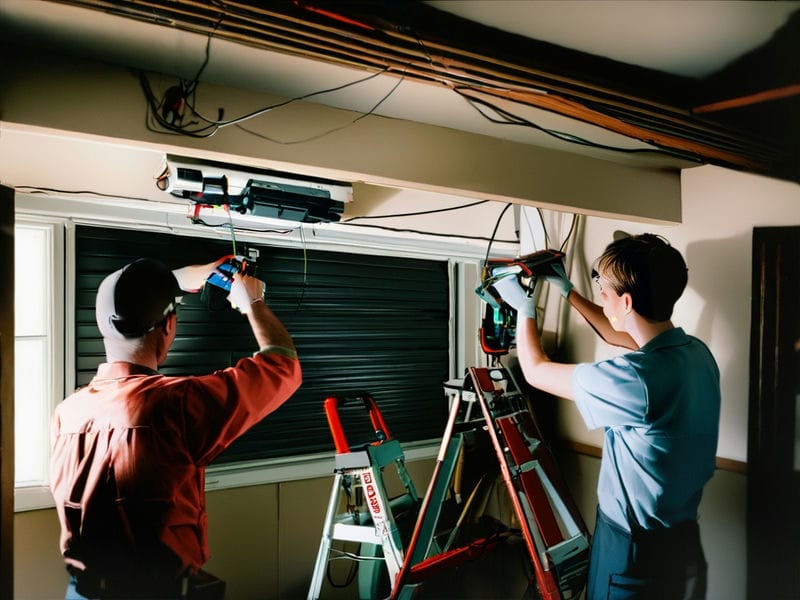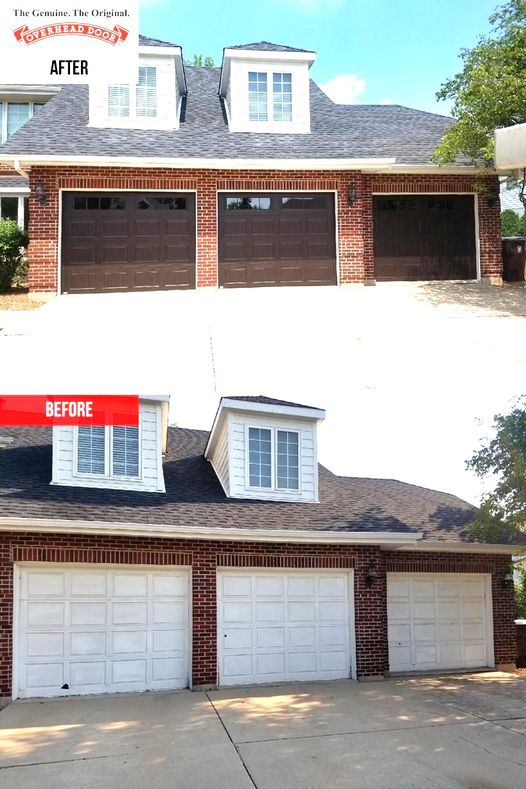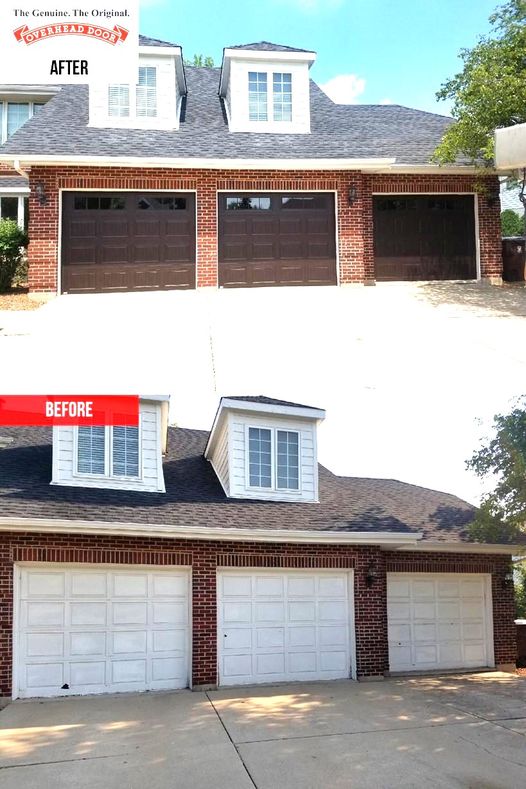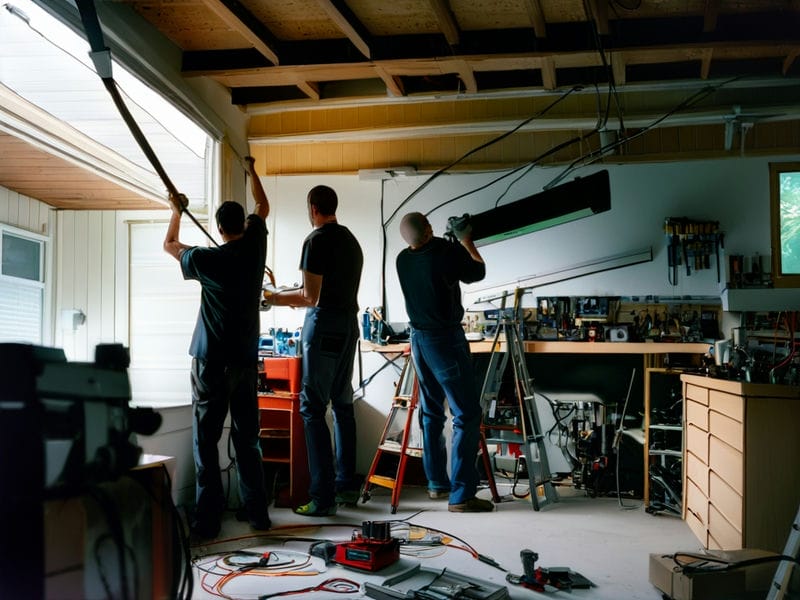
The Science of Noise Reduction in Garage Doors
Overview of different types of garage doors available
Garage doors are a common feature in many homes, providing convenient access to our vehicles and storage spaces. However, one downside of these doors is the noise they can generate when opening and closing.
The Science of Noise Reduction in Garage Doors - torsion spring
- electrical switch
- experience
- torsion spring
Noise in garage doors is primarily caused by the vibrations created as the door moves along its tracks. These vibrations can be amplified by loose or worn parts, such as hinges, rollers, or springs. Additionally, the type of material used in the construction of the door can also impact noise levels. For example, steel doors tend to be louder than wooden or insulated doors.
To reduce noise in garage doors, it is important to address these underlying causes. This may involve tightening or replacing loose parts, lubricating moving components, or installing soundproofing materials on the door itself. By understanding how these factors contribute to noise generation, homeowners can take proactive steps to create a quieter environment for themselves and their neighbors.
In conclusion, noise reduction in garage doors is not just about making our living spaces more comfortable – it is also a matter of safety and security. Our technicians are experts in garage door installations Enhancing Garage Door Durability through Engineering hinge. We install energy-efficient garage doors repair garage door screen reader. A noisy garage door can attract unwanted attention and potentially compromise the security of our homes. By understanding the science behind noise generation in garage doors and taking appropriate measures to address it, we can enjoy all the benefits of this essential household feature without any unnecessary disruptions.
